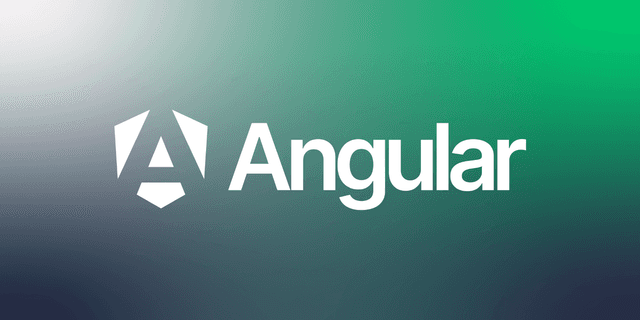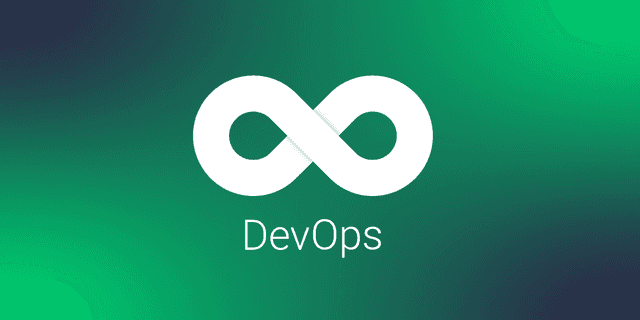Content Management System (CMS)
CMS (Content Management System) refers to a web-based software solution used to create and manage websites.
What is CMS?
CMS enables the creation and management of dynamic websites. With functionalities like user management and content management, CMS allows you to quickly create websites and launch them. Besides creating the website, CMS also provides dynamic management of the content on the page.
In the past, CMS was primarily used for adding content to websites and focused on direct content management. Nowadays, these systems have evolved into complete website creation tools. One of the most widely used content management systems is WordPress, which initially focused on creating blogs and publishing content but has since expanded to create and manage a variety of websites, from e-commerce sites to personal websites.
What Are the Types of CMS?
When deciding to use a CMS to create a website, you will encounter different types of CMS solutions. CMSs are categorized based on their ownership, architecture, and hosting methods.
- Ownership: This refers to who holds intellectual property rights over the source code. Open-source CMSs are developed with community support and allow source code customization based on their licenses. Closed-source CMSs are proprietary software owned by a developer company, which is ideal for those who require customer support and technical assistance. SaaS CMSs, another increasingly popular type, are content management systems offered as cloud computing services.
- Architecture: CMSs can also be categorized based on their architecture. Traditional CMSs contain both front-end and back-end. In non-traditional CMSs, front-end and back-end are separate and communicate through APIs. A third type, headless CMS, includes only the back-end responsible for content management and uses APIs to connect to the desired front-end.
- Hosting: CMSs can be either self-hosted or hosted. Self-hosted CMSs require a dedicated server or hosting service. Hosted CMSs are used through various SaaS providers.
What Are the Advantages of CMS?
Using CMS to create and manage a website offers numerous advantages. The most significant benefit is ease of use. With many CMSs, you can create your desired website with little to no coding knowledge. Through management panels, website content and various settings can be controlled through visual interfaces. Most CMSs support teamwork, making them efficient for teams where multiple people have authority or are involved in content management.
Nearly all CMSs support themes and plugins. This allows you to create a website with pre-designed themes and customize the CMS with plugins to meet your specific needs.
Our free courses are waiting for you.
You can discover the courses that suits you, prepared by expert instructor in their fields, and start the courses right away. Start exploring our courses without any time constraints or fees.



